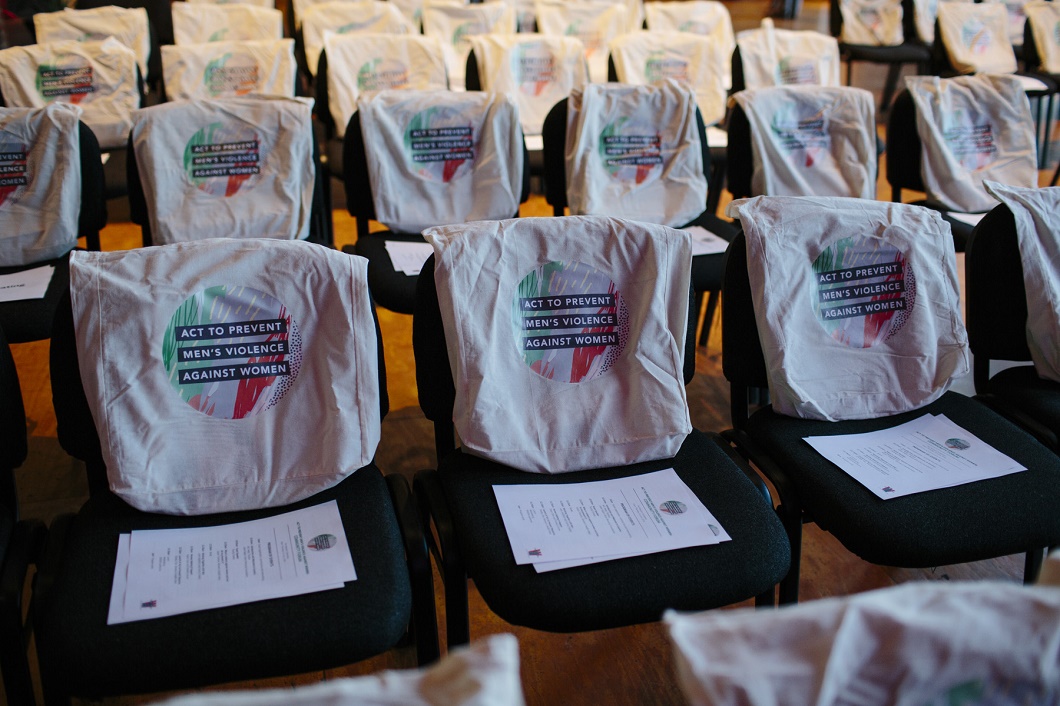Community groups have been empowered to take evidence-based primary prevention action to address men’s violence against women.
Gender inequity and men’s violence against women are significant problems in Melbourne’s west where the prevalence of intimate partner violence is above the state average (WHV 2019). Intimate partner violence in Victorian women aged 15–44 is responsible for more disease burden than risk factors such as high blood pressure, smoking and obesity (ANROWS 2016).
Working with the Preventing Violence Together 2030 (PTV) partnership, Women’s Health West undertook to support activists in the West plan and implement evidence-based activities to help prevent men’s violence against women. The partnership identified there was significant community interest in prevention work, however there was a lack of understanding about what constituted primary prevention and how this was different to identifying and responding to family violence.
The Community Champions for Primary Prevention Action in the West project worked directly with culturally and linguistically diverse (CALD) community groups, faith groups, women with disabilities, men’s and women’s groups and the online community along with Sons of the West participants and Victoria University students and comprised training workshops, a community forum and an online campaign. Community members participated in training to support them to undertake evidence-based primary prevention initiatives, with 100% of respondents agreeing that their awareness of prevention of violence against women had increased.
Findings from the community consultation process were used to inform the development of Act to Prevent Men’s Violence Against Women: A Guide for Community Action . The initial project reached more than 500 active participants and the resource continues to be available to support community members and groups who want to engage in this vital work. An additional resource, The Community Insights Report, compiled information gathered with community groups and continues to inform current primary prevention work in the community.
The Community Champions project built on the work of the PVT partnership in the workforce setting to expand its reach and influence in the community setting. The collective support of the PVT partnership was critical to this project’s success. A further collaborative Community Conversations project is planned to engage community settings not previously engaged and to help them develop their own messages of gender equality.
Find out more about the Community Champions for Primary Prevention Action in the West project and the Act to Prevent Men’s Violence Against Women booklet here.

